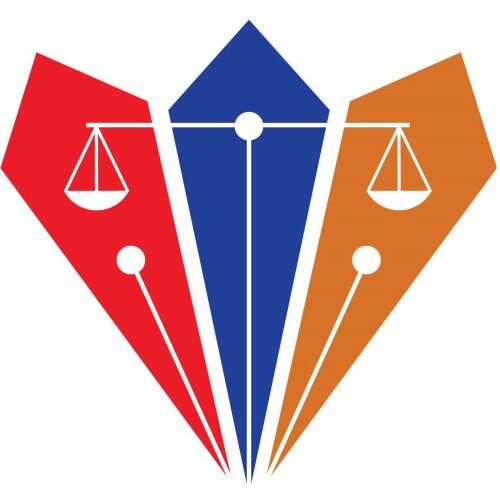Best Dependent Visa Lawyers in Tanzania
Share your needs with us, get contacted by law firms.
Free. Takes 2 min.
Or refine your search by selecting a city:
List of the best lawyers in Tanzania
About Dependent Visa Law in Tanzania:
A Dependent Visa in Tanzania allows the family members of a foreign national who is working or studying in the country to join them and reside together. This visa is essential for family unity and ensuring that loved ones can accompany the main visa holder during their stay in Tanzania.
Why You May Need a Lawyer:
Seeking legal advice for a Dependent Visa in Tanzania may be necessary in situations where the application process is complex, there are legal issues to address, or if you require guidance on the eligibility criteria for family members. A lawyer can help navigate the legal requirements and ensure a smooth application process.
Local Laws Overview:
Key aspects of the local laws in Tanzania relevant to Dependent Visa include providing proof of relationship, financial capabilities to support dependents, and complying with immigration regulations. It's important to adhere to these laws to avoid any complications or delays in the visa application process.
Frequently Asked Questions:
1. Who is eligible for a Dependent Visa in Tanzania?
Dependent Visa in Tanzania is typically available to spouses and children of foreign nationals who hold a valid work or study visa in the country.
2. What documents are required for a Dependent Visa application?
Commonly required documents include a valid passport, proof of relationship with the main visa holder, financial statements, and medical certificates.
3. What is the processing time for a Dependent Visa in Tanzania?
The processing time can vary, but it usually takes a few weeks to a few months for a Dependent Visa application to be processed.
4. Can a Dependent Visa holder work in Tanzania?
Dependent Visa holders are not allowed to work in Tanzania unless they obtain a separate work permit.
5. Can a Dependent Visa be extended?
Dependent Visas can be extended by applying for a visa renewal before the current visa expires.
6. What happens if my Dependent Visa application is denied?
If your application is denied, you have the option to appeal the decision or reapply with additional documentation as required.
7. Is it possible to switch from a Dependent Visa to another type of visa in Tanzania?
Yes, it is possible to switch to a different type of visa in Tanzania by following the necessary procedures and meeting the eligibility requirements.
8. Can I travel outside of Tanzania while holding a Dependent Visa?
Dependent Visa holders can travel in and out of Tanzania with the appropriate travel documents, including a valid visa and passport.
9. What are the rights of Dependent Visa holders in Tanzania?
Dependent Visa holders in Tanzania have the right to reside in the country with the main visa holder and access basic services like healthcare and education.
10. How can I renew my Dependent Visa in Tanzania?
To renew a Dependent Visa, you will need to submit a renewal application before the current visa expires, along with any required documentation and fees.
Additional Resources:
For further information on Dependent Visa in Tanzania, you can contact the Immigration Department in Tanzania or consult with a reputable immigration lawyer who specializes in visa matters.
Next Steps:
If you require legal assistance with a Dependent Visa in Tanzania, it is advisable to seek guidance from a qualified lawyer who can help you understand the legal requirements, navigate the application process, and address any issues that may arise during your visa application.
Lawzana helps you find the best lawyers and law firms in Tanzania through a curated and pre-screened list of qualified legal professionals. Our platform offers rankings and detailed profiles of attorneys and law firms, allowing you to compare based on practice areas, including Dependent Visa, experience, and client feedback.
Each profile includes a description of the firm's areas of practice, client reviews, team members and partners, year of establishment, spoken languages, office locations, contact information, social media presence, and any published articles or resources. Most firms on our platform speak English and are experienced in both local and international legal matters.
Get a quote from top-rated law firms in Tanzania — quickly, securely, and without unnecessary hassle.
Disclaimer:
The information provided on this page is for general informational purposes only and does not constitute legal advice. While we strive to ensure the accuracy and relevance of the content, legal information may change over time, and interpretations of the law can vary. You should always consult with a qualified legal professional for advice specific to your situation.
We disclaim all liability for actions taken or not taken based on the content of this page. If you believe any information is incorrect or outdated, please contact us, and we will review and update it where appropriate.
Browse dependent visa law firms by city in Tanzania
Refine your search by selecting a city.











